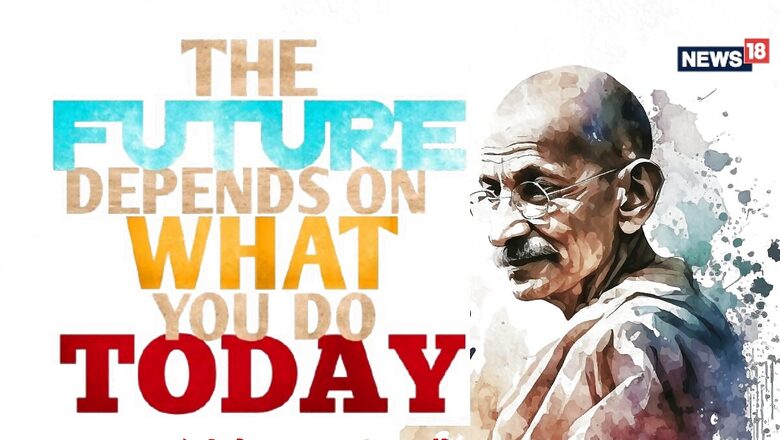
views
Mahatma Gandhi, often called the Father of the Nation, was born in Porbandar, Gujarat, on October 2, 1869. This year marks his 155th birth anniversary. Every year, India celebrates Gandhi Jayanti to honour his immense contribution to the country’s independence struggle and his philosophy of life. October 2 is also observed as a national holiday in India.
Mahatma Gandhi, fondly known as “Bapu” in India, played a crucial role in the country’s independence movement. His steadfast commitment to the principles of ahimsa (non-violence) and truth was central to India’s fight for freedom.
Quotes By Mahatma Gandhi To Share On International Day of Non-Violence
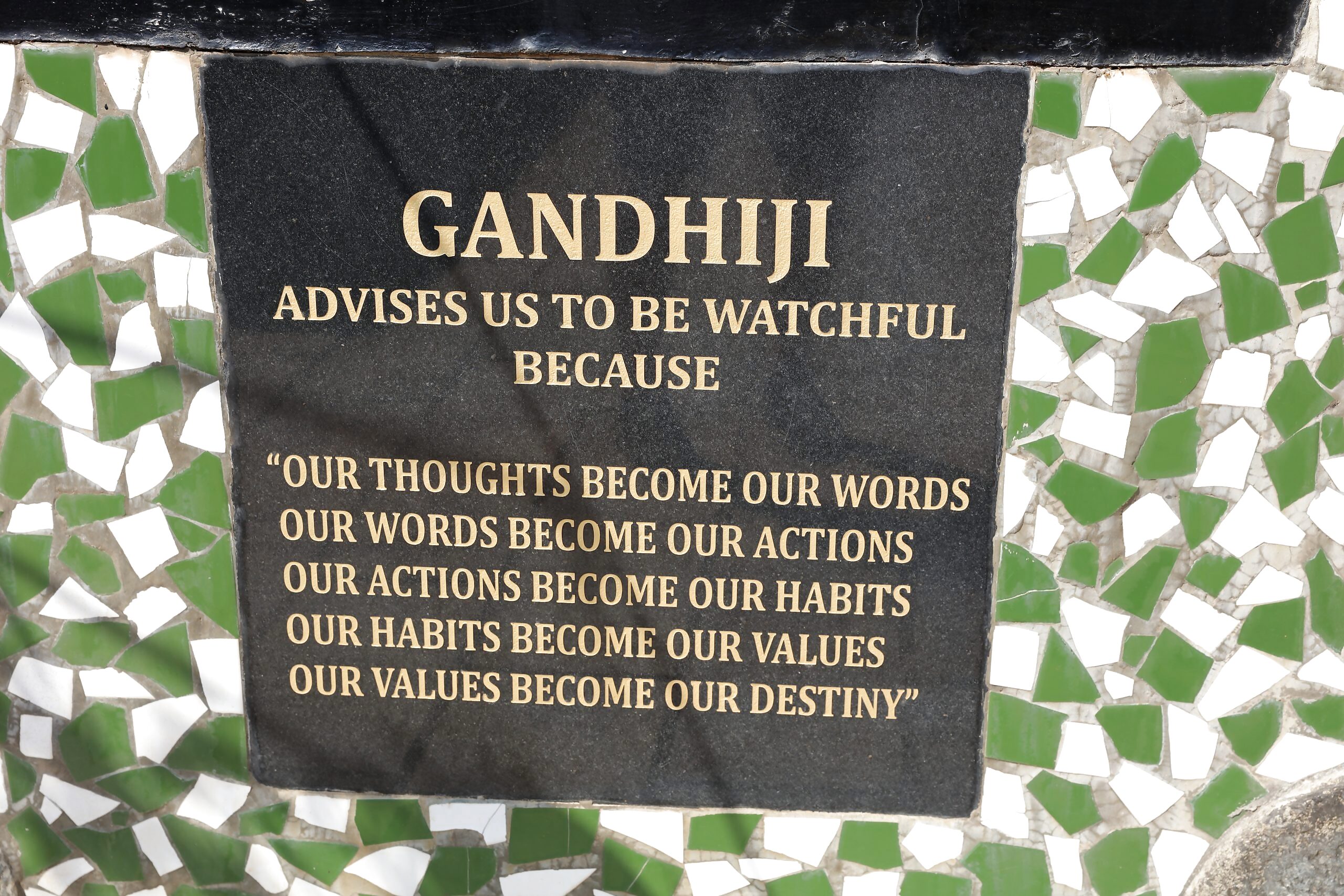
“Happiness is when what you think, what you say, and what you do are in harmony”
“An eye for an eye only ends up making the whole world blind”
“The weak can never forgive. Forgiveness is the attribute of the strong.”
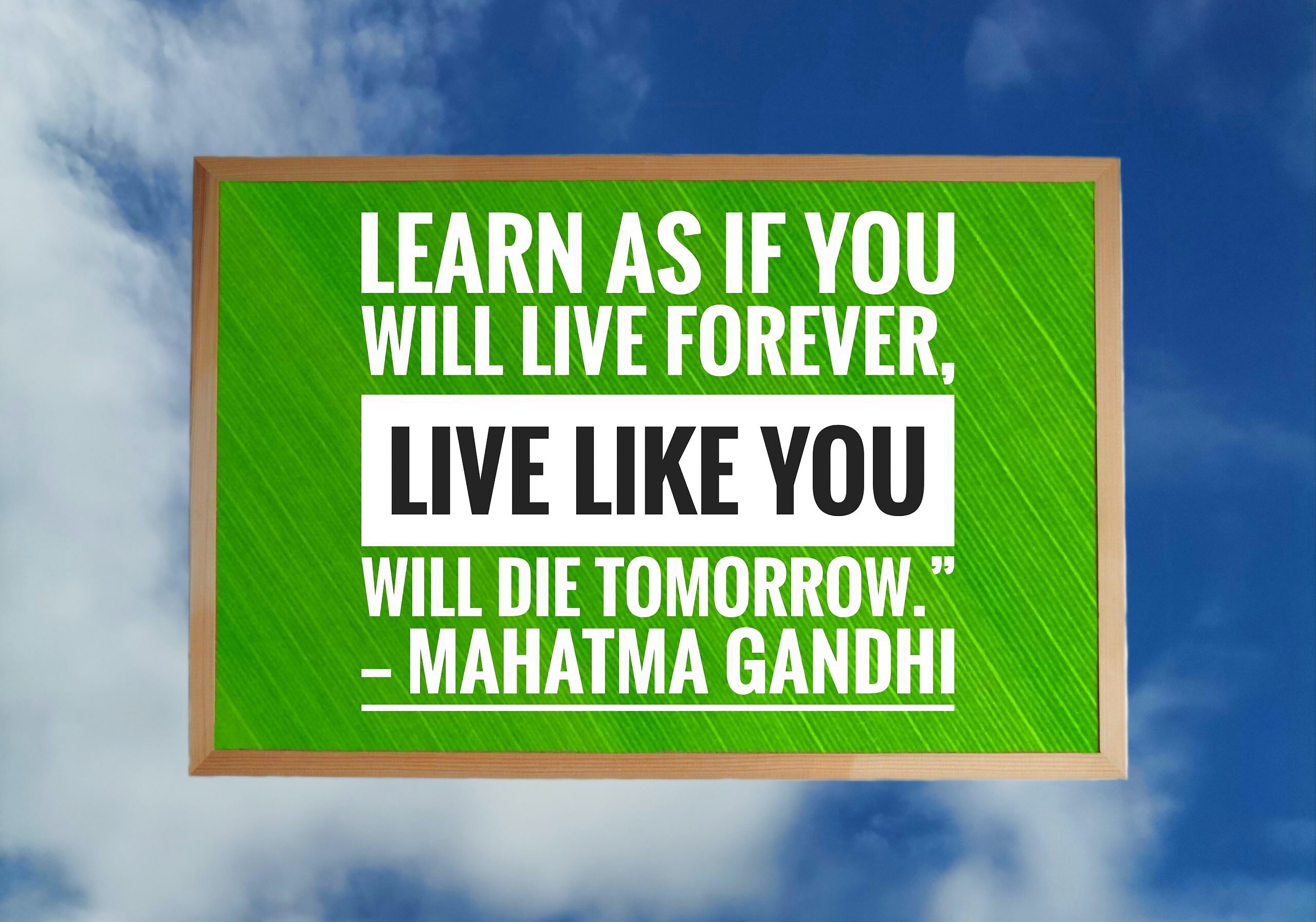
“You must be the change you want to see in the world.”
“Strength does not come from physical capacity. It comes from an indomitable will”
“Earth provides enough to satisfy every man’s needs, but not every man’s greed”
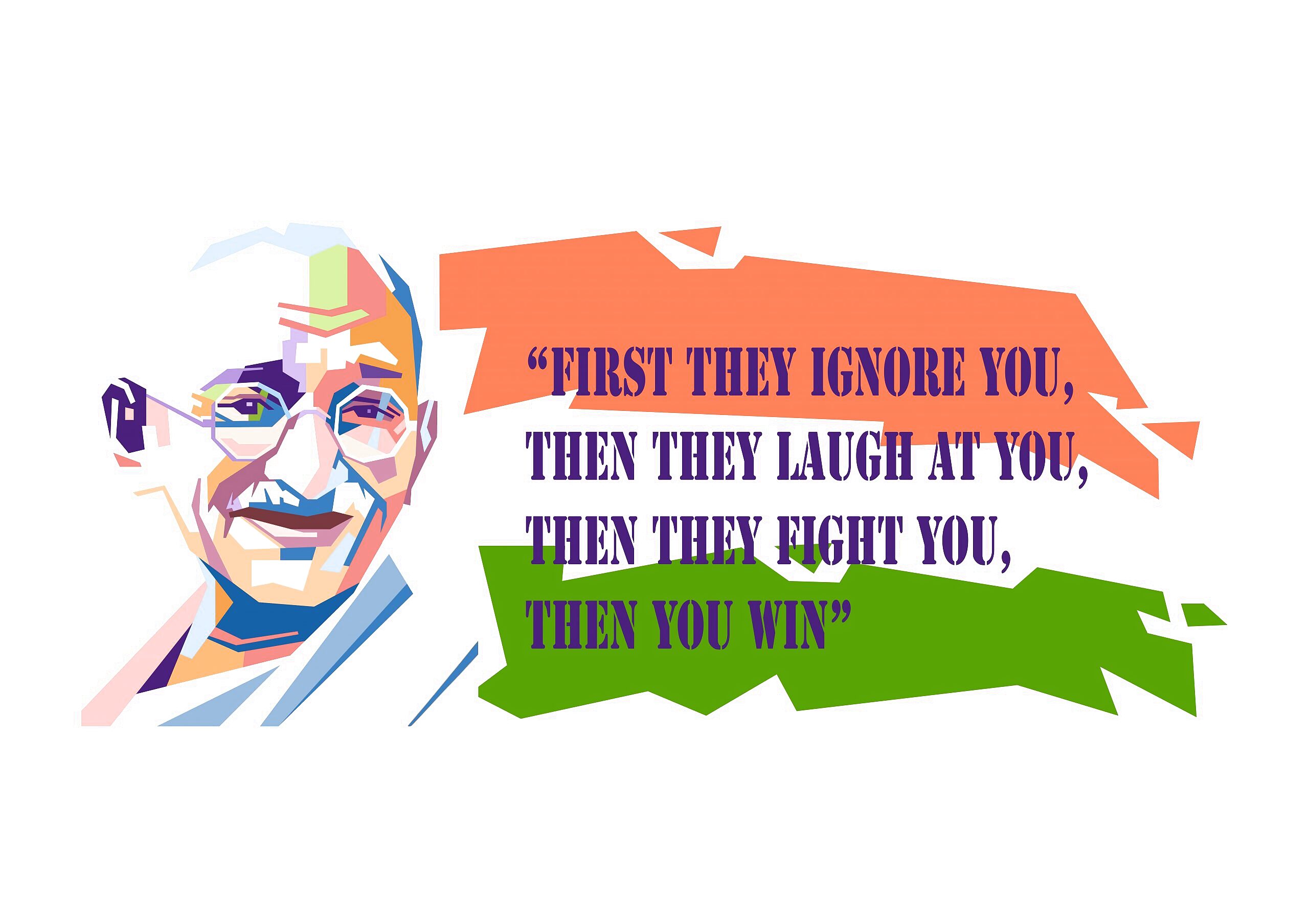
“In a gentle way, you can shake the world”
“The greatness of a nation and its moral progress can be judged by the way its animals are treated.”
“A man is but a product of his thoughts. What he thinks he becomes.”
“Live as if you were to die tomorrow. Learn as if you were to live forever.”

Fascinating Facts About Mahatma Gandhi
- Birth and early lifeMohandas Karamchand Gandhi was born on October 2, 1869, in Porbandar, Gujarat. At the age of 13, he married Kasturba, who was a year older to him, and they had four sons.
- Life in South AfricaIn 1893, Gandhi moved to South Africa to start his law career, staying there for about 22 years. After being thrown off a train in Pietermaritzburg for riding in a first-class compartment, he began his fight against racial discrimination.
- Return to IndiaUpon returning to India in 1915, under the guidance of Gopal Krishna Gokhale, Gandhi travelled across the country for a year before engaging in political work. His first major movement, the Champaran Satyagraha, began in Bihar in 1917.
- Leadership in the freedom movementGandhiji led major movements for India’s Independence, including the Quit India, Civil Disobedience, and Non-Cooperation movements. Under his leadership, millions participated in protests against colonial rule.
- VegetarianismGandhiji followed a strict vegetarian diet throughout his life. In his book The Moral Basis of Vegetarianism, he wrote about eating fresh vegetables, curd, fruits, seeds and nuts.
- Fighting untouchabilityGandhiji was an advocate for the eradication of untouchability. In 1932, he began referring to untouchables as “Harijans,” meaning “Children of God,” as part of his efforts to improve their social status.
- Promotion of KhadiGandhi worked to revive India’s handloom industry, particularly promoting the use of khadi (homespun cloth).
- International Day of Non-ViolenceTo honour his message of non-violence, Gandhi’s birthday is also celebrated globally as the “International Day of Non-Violence.”
- Person of the YearTime Magazine named Gandhi its Person of the Year in 1930.
- DeathOn January 30, 1948, Mahatma Gandhi was assassinated at the age of 78.










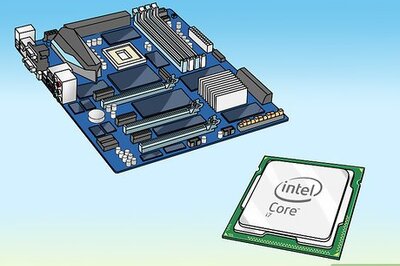



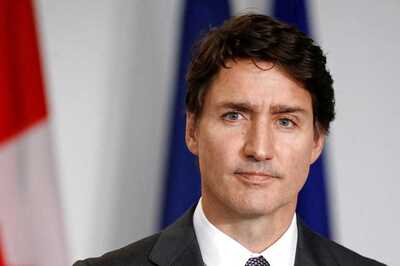




Comments
0 comment